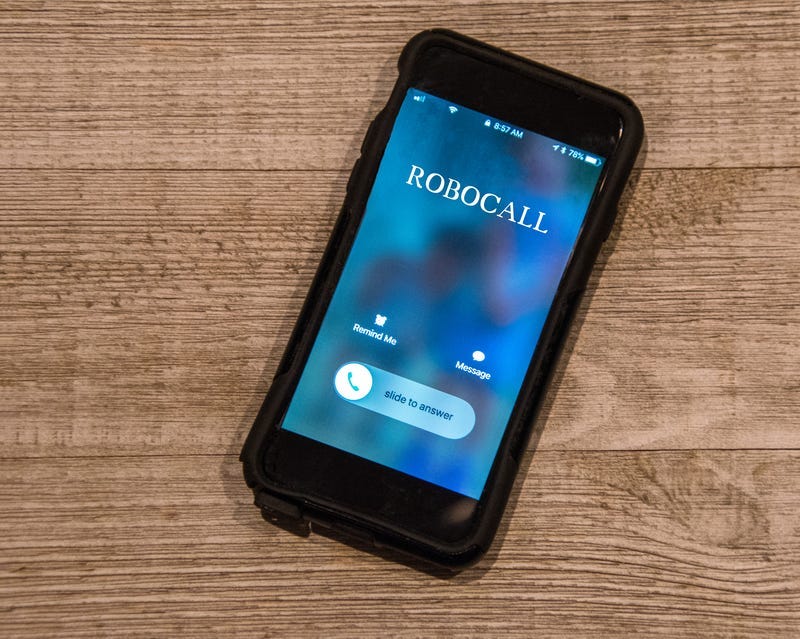
If it works, you might want to raise a martini glass to the Philly company, which is partnering with AT&T on the technology.
It uses what's known as SHAKEN (Secure Handling of Asserted information using toKENs) and STIR (Secure Telephony Identity Revisited), tortured acronyms for a caller ID verification system which ensures the number you see is the number that's really calling.
The standards provide a certificate of authenticity for each line. It's checked by the incoming carrier before your phone rings.
RELATED: FCC: Nearly half the calls you receive this year will be spam
That's not to say a spoofed call won't get through. Depending on how this is rolled out, you may see a notification on your screen that the number is unverified.
This isn't a panacea: for instance, a call you don't want still could come from verified digits.
Comcast and AT&T say a real-world test between their networks was successful. Over the next several months, other providers will try the same thing.
READ: BEWARE: Robocalls targeting survivors of clergy sex abuse
In late 2018, T-Mobile announced it was the first to be ready to implement SHAKEN/STIR standards.
The Federal Communications Commission wants all major phone, wireless, and VoIP providers on board before the end of the year.
AT&T and Comcast jointly head the working group developing the technical standards for SHAKEN/STIR.
